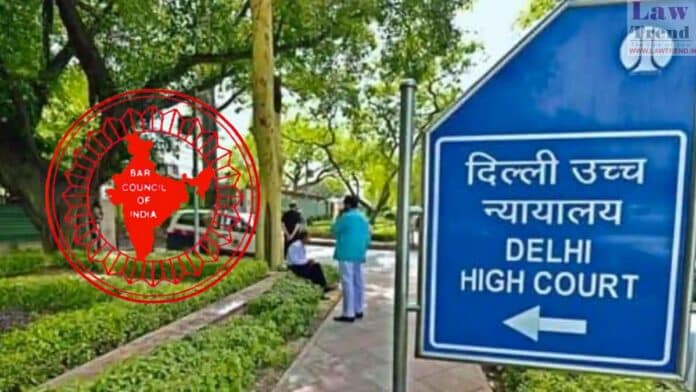In a pivotal ruling addressing student welfare and institutional accountability, the Delhi High Court has directed the Bar Council of India (BCI) to re-evaluate its stringent attendance norms following the tragic suicide of Sushant Rohilla, a law student from Guru Gobind Singh Indraprastha University (GGSIPU). Sushant’s death, which occurred in 2017, brought to light the
To Read More Please Subscribe to VIP Membership for Unlimited Access to All the Articles, Download Available Copies of Judgments/Order, Acess to Central/State Bare Acts, Advertisement Free Content, Access to More than 4000 Legal Drafts( Readymade Editable Formats of Suits, Petitions, Writs, Legal Notices, Divorce Petitions, 138 Notices, Bail Applications etc.) in Hindi and English.




